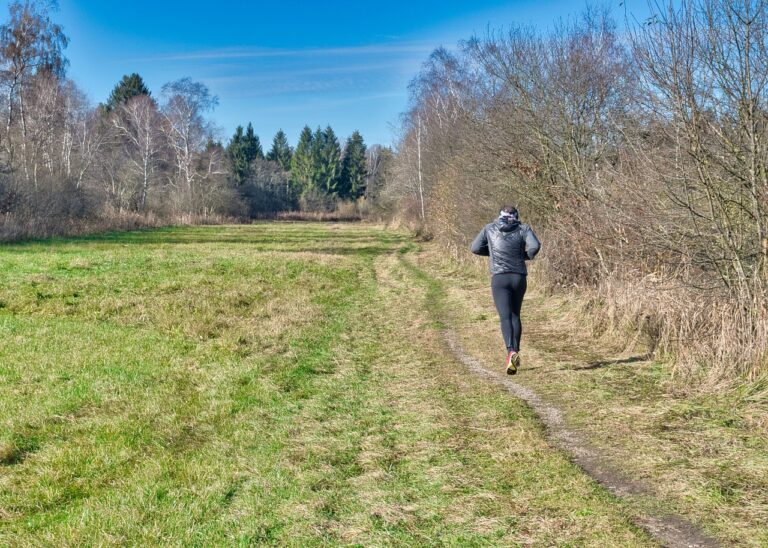Home Health Care for Indigenous Communities: Betbhai 9, Playexch, Gold365.win login
betbhai 9, playexch, gold365.win login: Home health care is an essential service that supports individuals in their homes, providing them with the necessary care and assistance to maintain their health and independence. When it comes to indigenous communities, culturally sensitive and holistic care is crucial to ensure that the unique needs and values of these communities are respected and addressed.
1. The Importance of Home Health Care for Indigenous Communities
Indigenous communities face specific health disparities and challenges, including higher rates of chronic diseases, mental health issues, and barriers to accessing healthcare services. Home health care can play a vital role in addressing these disparities by providing culturally appropriate care that respects indigenous knowledge, traditions, and values.
2. Culturally Sensitive Care
One of the key principles of home health care for indigenous communities is the importance of culturally sensitive care. This involves understanding and respecting the cultural beliefs, practices, and traditions of the community being served. By incorporating traditional healing practices, language, and spirituality into the care plan, home health care providers can better support the overall well-being of indigenous individuals.
3. Holistic Approach
Another essential aspect of home health care for indigenous communities is taking a holistic approach to care. This means addressing not only the physical health needs of individuals but also their mental, emotional, and spiritual well-being. By considering all aspects of a person’s health and wellness, home health care providers can better support the overall health of indigenous individuals.
4. Community Involvement
Home health care for indigenous communities should also involve the community in the care planning and delivery process. By engaging with community members, elders, and traditional healers, home health care providers can better understand the needs and preferences of the community and ensure that the care provided is culturally appropriate and effective.
5. Training and Education
It is essential for home health care providers working with indigenous communities to receive training and education on cultural competency and sensitivity. By understanding the historical context of indigenous health disparities, as well as the unique cultural practices and beliefs of the community being served, home health care providers can better support the health and well-being of indigenous individuals.
6. Accessibility and Equity
Finally, home health care for indigenous communities must be accessible and equitable. This means ensuring that services are geographically, financially, and culturally accessible to all individuals in the community. By addressing barriers to care, such as transportation, language, and financial constraints, home health care providers can help to promote health equity and improve health outcomes for indigenous individuals.
FAQs:
Q: How can I find a home health care provider that offers culturally sensitive care for indigenous communities?
A: When looking for a home health care provider, ask about their experience working with indigenous communities and their training in cultural competency. You can also inquire about any partnerships or collaborations with indigenous organizations or community groups.
Q: What types of services are typically offered through home health care for indigenous communities?
A: Home health care services for indigenous communities can vary but may include skilled nursing care, personal care assistance, medication management, wound care, and support with activities of daily living.
Q: How can I advocate for better home health care services for indigenous communities in my area?
A: You can advocate for better home health care services for indigenous communities by raising awareness about the specific health needs and disparities facing these communities, engaging with local policymakers and healthcare providers, and supporting initiatives that promote culturally sensitive care for indigenous individuals.







